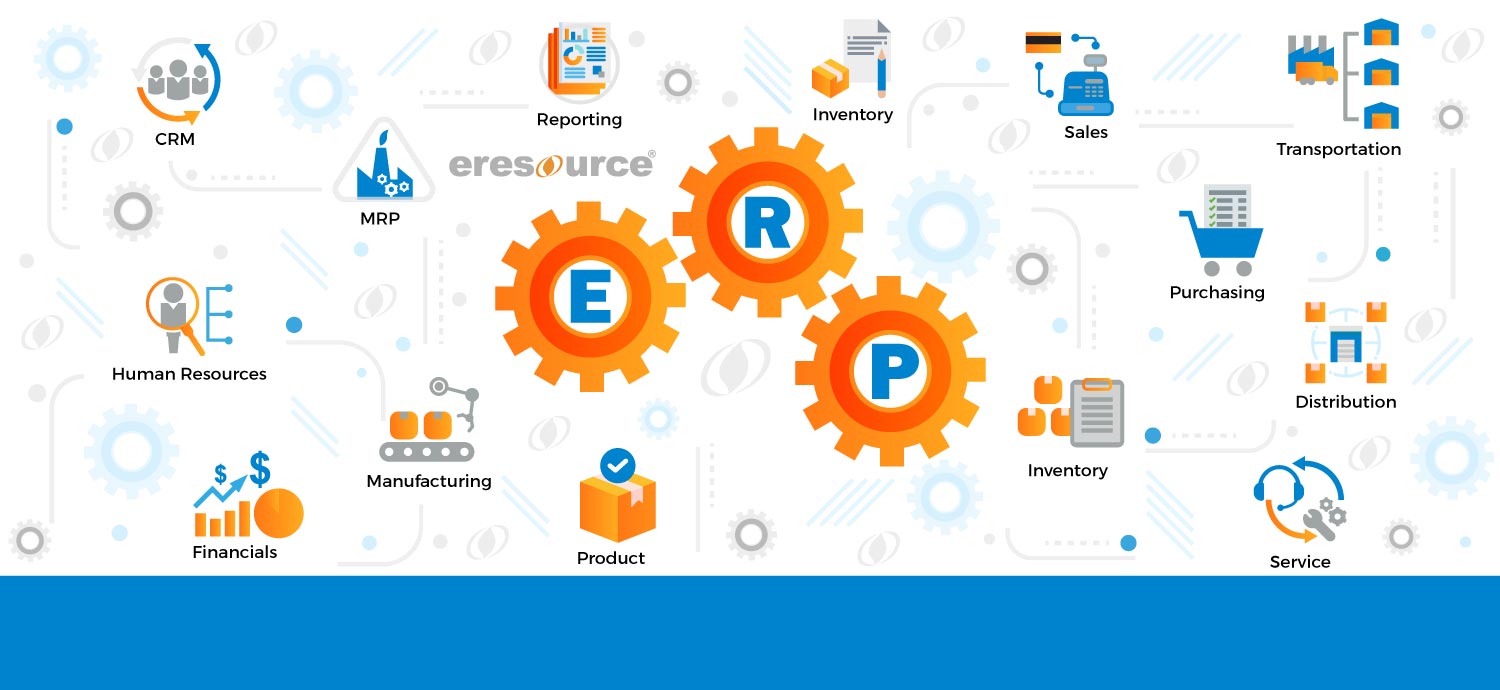Miscommunication between critical teams and leadership causes many organizations to overspend on projects, which causes delays and incomplete projects. Keeping track of everything you buy and pay for during the project’s lifecycle is essential to ensuring it stays on schedule and within budget. Your team will precisely track their time, provide a detailed record of project management activities, and guarantee that you meet all of your short- and long-term company objectives by encouraging project accounting.
Multi-dimensional application tool
With this efficient project accounting tool, companies can keep an eye on and manage profits, costs, and revenues over the course of a project. Automatically calculate and allocate complex revenue, support various revenue scenarios project-by-project, and make sure clients are billed promptly and accurately. Additionally, since each transaction is linked to a general ledger account, it is simple to obtain a comprehensive understanding of the financial standing of a project.
Also read – eresource project accounting
The procedure for project accounting
It is advisable to include project accounting in the process from the outset to ensure that all project objectives will be met on schedule and within budget. The two categories of projects that fall under project accounting are internal and external. The focus of internal initiatives is on the costs incurred by you and your internal staff. External factors include financial data related to events or services rendered to customers.
Personnel in the organization who are responsible for managing accounts will arrange and divide the procedure into six sections after you’ve determined which category to place your project in:
Also Read – Project Accounting Software: A Step-by-Step Implementation Guide
Tasks are divided:
Firstly: Determine who is in charge of each task, when to assign resources and money for each, and how.
Spend less: Verify that your spending is divided into groups or categories. This is where a professional services automation software program can help by providing chances to automate tedious administrative work and establish your starting baseline budget.
Administration: Manage finances, create invoices, maintain financial obligations, and produce reports on project profitability.
Implementation: Your project managers assign expenses, potential revenue, and metrics for your project’s financial performance at this phase of the process. These key performance indicators will help you track your success and make any adjustments.
Upkeep: Examine and keep track of the information you have gathered along the way to make sure tasks and projects are completed and to address any potential financial irregularities.
Statistics: In order to make informed decisions for your company and be able to change course when needed, regularly review the accounting data you have been given.
Also Read – Project Accounting Software: How it Can Transform Your Construction Business?
You may decide to use a certain approach after reviewing your process, only to discover that it is outside the parameters of your project. There might be similarities in the way you handle your financial methods while using project accounting or financial accounting. However, you may find it quite different with many advantages when you start using eresource ERP Project Accounting.
To know more about eresource ERP Project Accounting and a LIVE DEMO, please get in touch with us now: sales@eresourceinfotech.com
Also Read – Top 10 Manufacturing ERP Software in 2024
Categories
Register for Free Demo!
Recent Post
-

eresource ERP 360 - an
11th Apr 2019 -

A competitive ERP system for
17th Apr 2019 -

Auto components manufacturing industry has
17th Apr 2019 -

Make the best use of
17th Apr 2019







